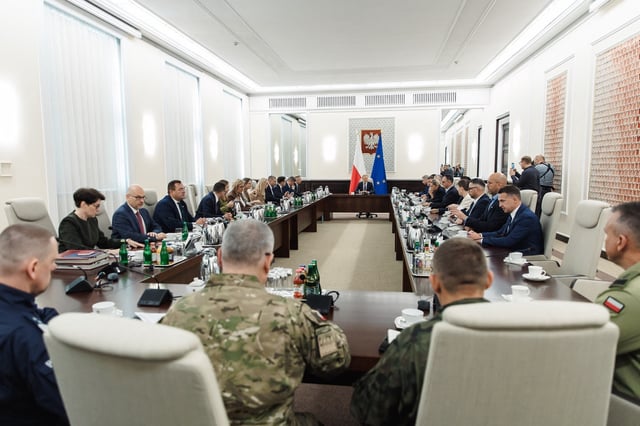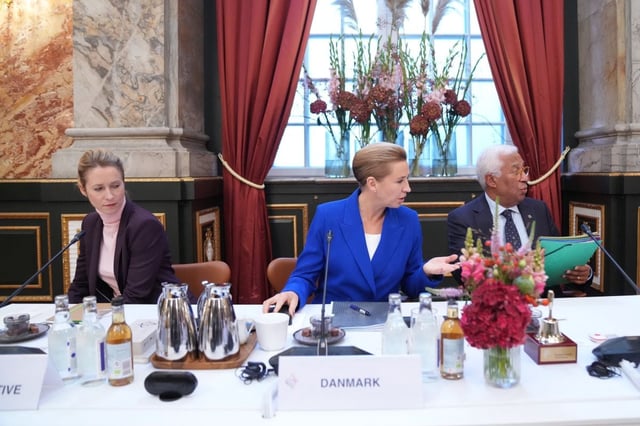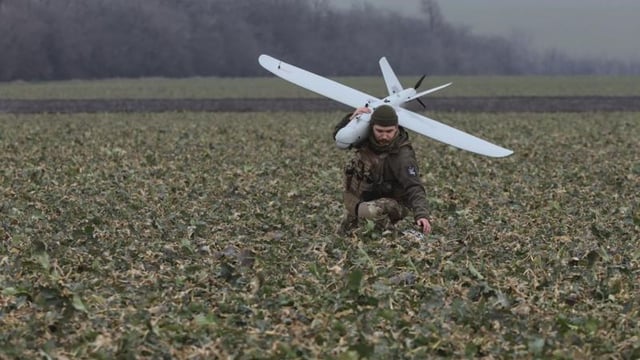Overview
- An informal meeting in Copenhagen focused on an early‑stage plan for a coordinated detection and interception network along the EU’s eastern flank, with scope, financing and timeline still unresolved.
- Leaders debated channeling frozen Russian assets into roughly €140 billion in “repair loans” for Ukraine, a proposal gaining traction among frontline states yet facing unanimity requirements and legal risks highlighted in Belgium and by the ECB.
- Recent airspace incidents — drones shot down in Poland, Russian fighters crossing into Estonia, and unidentified drones that closed six Danish airports — were framed by EU and NATO officials as part of a broader hybrid campaign under review.
- Denmark imposed a national drone ban for the week, deployed thousands of police and received allied personnel, radar and anti‑drone systems, as NATO chief Mark Rutte joined EU talks under heightened security.
- Responsibility for the Danish drone flights remains unproven, with Moscow denying involvement; investigators are examining possibilities including launches from tankers in the Baltic, and French prosecutors opened an inquiry into a Benin‑flagged oil carrier potentially linked to the flights.



